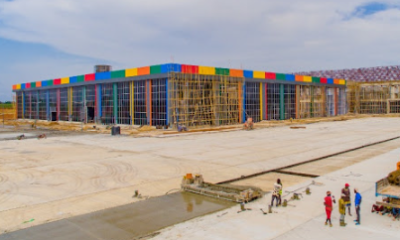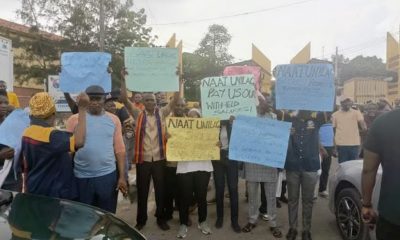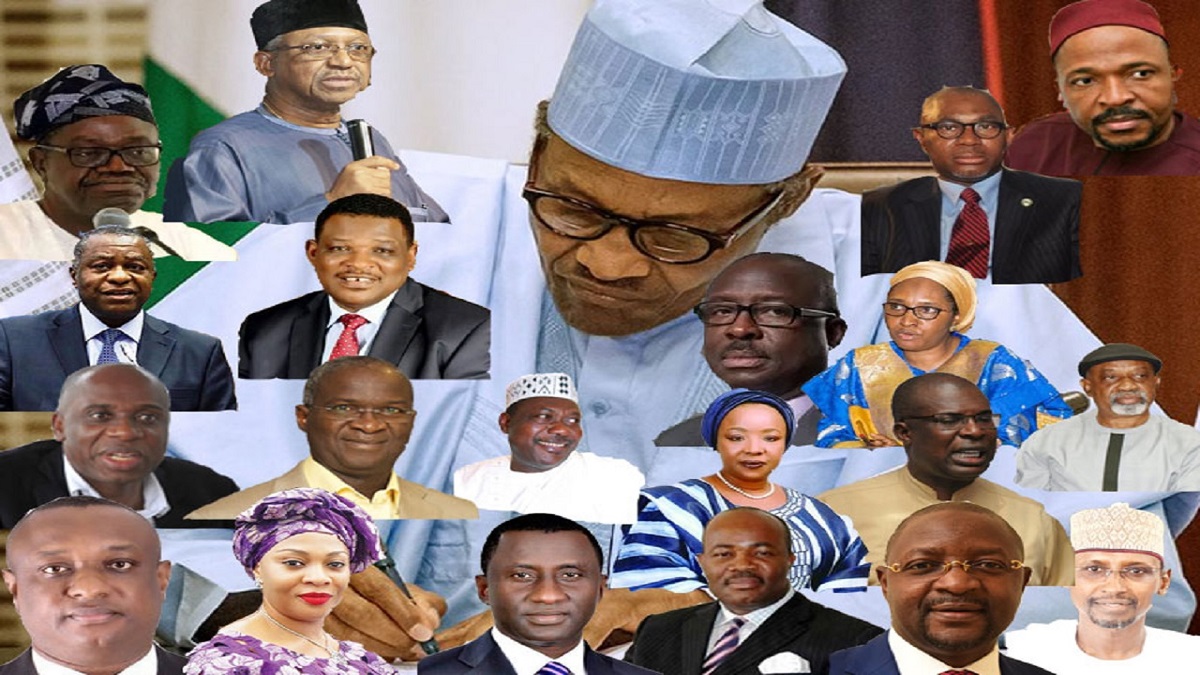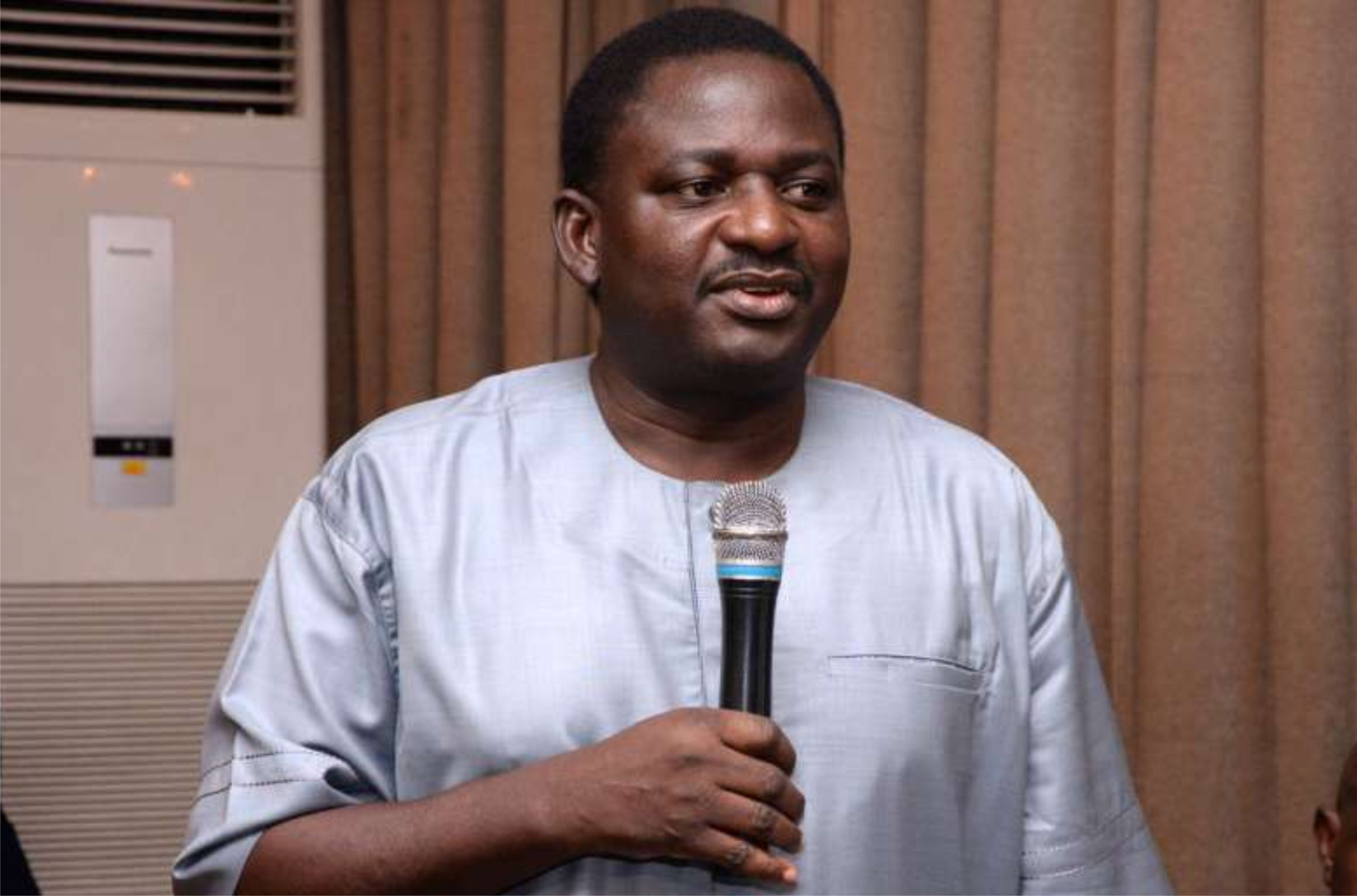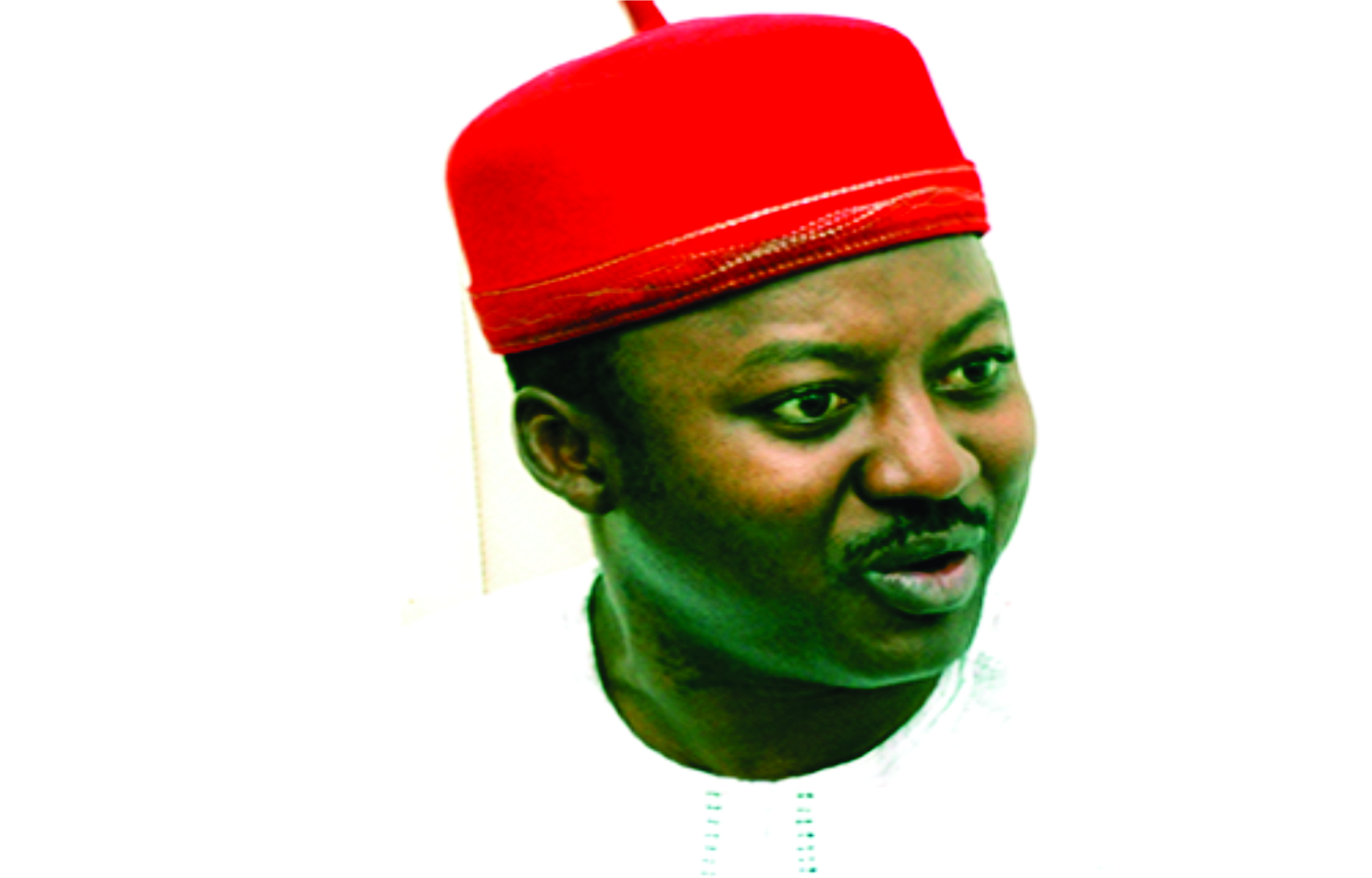President Muhammadu Buhari has hinted how unclaimed looted assets including landed properties recovered by the federal government are mounting and no one among the suspects is ready to claim ownership.
In a press release by his media aide Garba Sheu on Monday, the president vowed not to repeat what happened in the 1980s when buildings and other ill-gotten property seized by his military administration were returned to corrupt officials following his ouster as head of state.
Buhari said he was not surprised by the increasing number of those denying ownership or disclaiming the properties traced to them by the various anti-corruption agencies.
“Some years back, one of my schoolmates in the primary school who worked at a cottage company before his demise predicted that we will come to a situation when looters will deny their loots in Nigeria.
“So as a civil servant, you have 10 houses in Abuja and even in Kaduna and abroad, the more you show them the properties the more they will swear that it does not belong to them.
According to him, his government is still following the process, you know democracy you have to follow due process and respect the rule of law.
“Instead of what happened before, this time around we will sell those stolen properties and the proceeds will be deposited in government treasury,” he promised.
“If the money is in the government treasury I will see who will come back after we left and reclaim them.’’
Gen. Ibrahim B. Babangida head the military junta that overthrew Buhari in 1985, and many believe corruption and cronysm thrived more in the intervening years of the cabal.
Buhari said all these while addressing representatives of social groups in Daura Emirate on Sunday.
Alhaji Mohammed Saleh, the spokesman of the delegations, commended President Buhari for implementing policies and programmes that have created gainful employment to thousands of young Nigerians under the Social Investment Programme.

 Entertainment5 days ago
Entertainment5 days ago
 Health7 days ago
Health7 days ago
 Health4 days ago
Health4 days ago
 Football1 week ago
Football1 week ago
 Football7 days ago
Football7 days ago
 Crime4 days ago
Crime4 days ago
 Education6 days ago
Education6 days ago
 Crime1 week ago
Crime1 week ago

